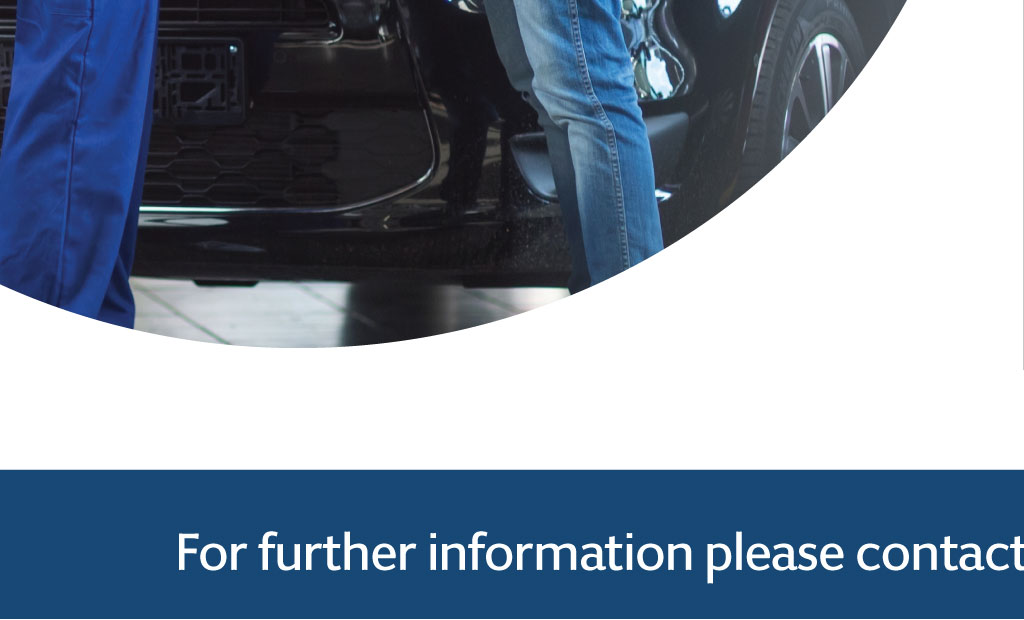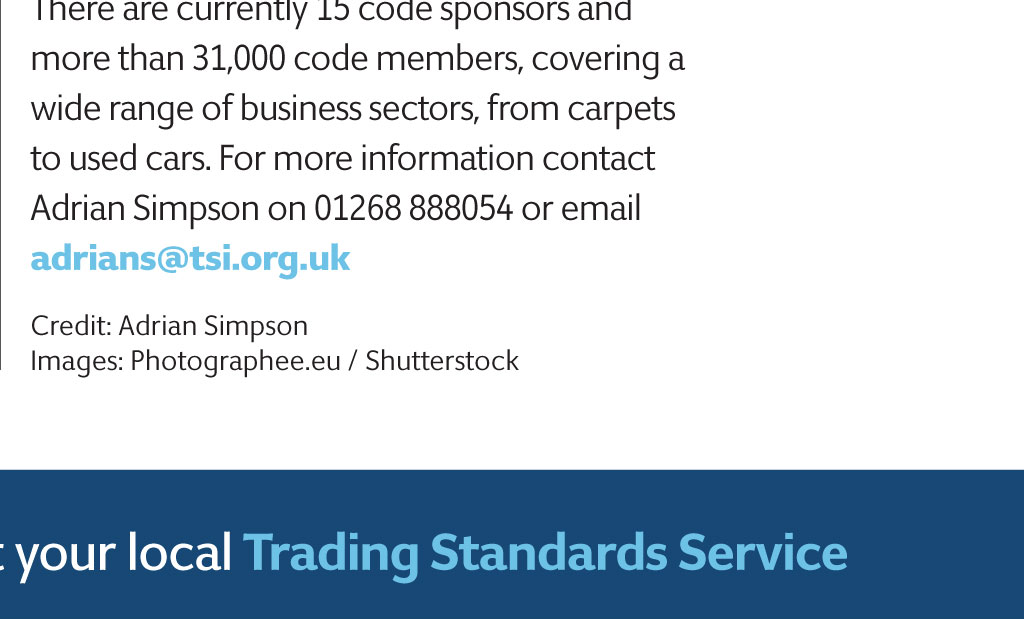
























No shortcuts on safety Retailers have a legal requirement to ensure the electrical and gas appliances they sell are safe, even if the equipment is second-hand. Whether they are dealing in washing machines, cookers, fires or any other kind of device, sellers should make checks before offering them for sale. The law applies to all retailers of secondhand goods, including charity shops. A trading standards campaign was launched recently, with officers visiting second-hand dealers to check the safety of products and offer guidance where necessary. Advice packs containing product safety checklists were also distributed, and responsible retailers welcomed the move. If you are a retailer and would like a safety pack, visit the Business Companion website or contact your local trading standards office. Some problems – such as worn mains leads, damaged casings and old-style plugs – might be obvious, but not all faults are as easy to spot. There may be hidden dangers that only a trained eye can see, or that are only revealed by carrying out a safety test. The best advice is to get a qualified person to inspect and test any electrical and gas appliances before putting them on sale, and to keep a record of the checks. Gas appliances must be installed by a Gas Safe engineer, while mains electrical appliances must be wired with a modern ‘sleeved’ plug marked BS1363. Many fake and unsafe plugs have been found on second-hand appliances offered for sale. round-up Summer 2016 round-up Credit: Susan Bell Images: sir_Enity / Shutterstock Credit: Simon Coupe The charity Electrical Safety First can supply a three-pin plug testing gauge and has a wealth of advice on its website. Appliances may pose a safety risk if the instruction manual is missing; if the customer can’t make safe use of the appliance without an instruction manual, the appliance must not be sold without it. Occasionally, manufacturers have to recall products because of safety defects. Make sure a product that is to be offered for sale has not been recalled by searching on the internet for ‘X’ recall, where ‘X’ is the make of the product. Safety alerts are also listed on the Rapex website. For further information and a safety pack, contact your local Trading Standards Service. round-up Find out more Further information can be found in the following publications: l Primary Authority – An Introduction For Business l Primary Authority – Nurturing Partnerships For Growth l Primary Authority and Growth Get ahead, get accredited The Retail Ombudsman is encouraging small- and medium-size retailers to apply for its badge of excellence. By becoming an Accredited Retailer, businesses can boost their customer-care reputation on the high street and online, and inspire consumer confidence. If retailers pass a strict criteria test – overseen by trading standards officer Karen Ford – they will be allowed to display a coveted ‘gold tick’ and the ombudsman’s logo on their websites and merchandising. Accredited status tells consumers that retailers: l Have terms and conditions of business that are legally compliant, fair and easy to understand l Have a fair returns policy l Have a fair complaints policy It also indicates that The Retail Ombudsman – which has more than 17,000 members – has verified the retailer’s VAT status (if applicable) and its contact details, carried out a unique check of its website and taken up references from past customers. Chief Ombudsman Dean Dunham said: ‘There are thousands of small retailers, and many thousands more springing up online. This presents the consumer with the problem: “Who can I trust?” Many take the easy option of shopping at the more recognisable high street stores; this has always been frustrating for smaller retailers, many of which have excellent customer-care policies – except customers don’t know this.’ Membership of The Retail Ombudsman for independent retailers starts from £100 plus VAT per year. If they meet the criteria, they can achieve Accredited status for an additional £100 plus VAT per year. To join The Retail Ombudsman and apply to become an accredited member, contact its membership team on 0203 540 8063. Credit: Neville Thurlbeck Images: Monkey Business Images / Shutterstock Small businesses can face some regulatory challenges that they do not have the money or expertise to tackle on their own. Primary Authority (PA) offers them a means of addressing this, individually and through trade associations. PA, which began in April 2009 and has doubled in size every year since its first anniversary, enables businesses to form a statutory partnership with a local authority or fire and rescue authority. This then provides robust and reliable advice for other local regulators to follow when carrying out inspections or addressing non-compliance. Participating businesses cover a wide range of sectors and more than half of them have fewer than 50 employees. The business can decide what level of support it requires, and the resourcing of partnerships is a matter for the parties concerned. PA supports growth by enabling businesses to invest with confidence in products, practices and procedures, knowing the resources they devote to compliance are endorsed. Primary Authority is administered by the Department for Business Innovation & Skills through the Better Regulation Delivery Office (BRDO), and a PA can recover its costs. PA: an easier way to keep up with compliance Credit: Adrian Simpson Images: Photographee.eu / Shutterstock Apply for the Consumer Codes Approval Scheme The Consumer Codes Approval Scheme (CCAS), run by the Chartered Trading Standards Institute (CTSI), is different from many approved trader schemes. It doesn’t approve individual businesses, but rather the codes of practice and the trade associations (code sponsors) that offer them. CCAS was launched in 2001 by the Office of Fair Trading, but when this closed down in 2013, responsibility for operating it passed to CTSI. Achieving approved code-status requires a lot of information and commitment from sponsors; they need to show they operate an independent code of practice that goes above and beyond legal requirements. Prospective sponsors can submit an ‘expression of interest’ to CTSI, which checks their impartiality and financial situation. Should they pass this stage, the body then has six months to prove the code works. Sponsors are audited frequently and any complaints made against them are investigated by CTSI. In some cases, they could be removed from the scheme. There are currently 15 code sponsors and more than 31,000 code members, covering a wide range of business sectors, from carpets to used cars. For more information contact Adrian Simpson on 01268 888054 or email adrians@tsi.org.uk For further information please contact your local Trading Standards Service